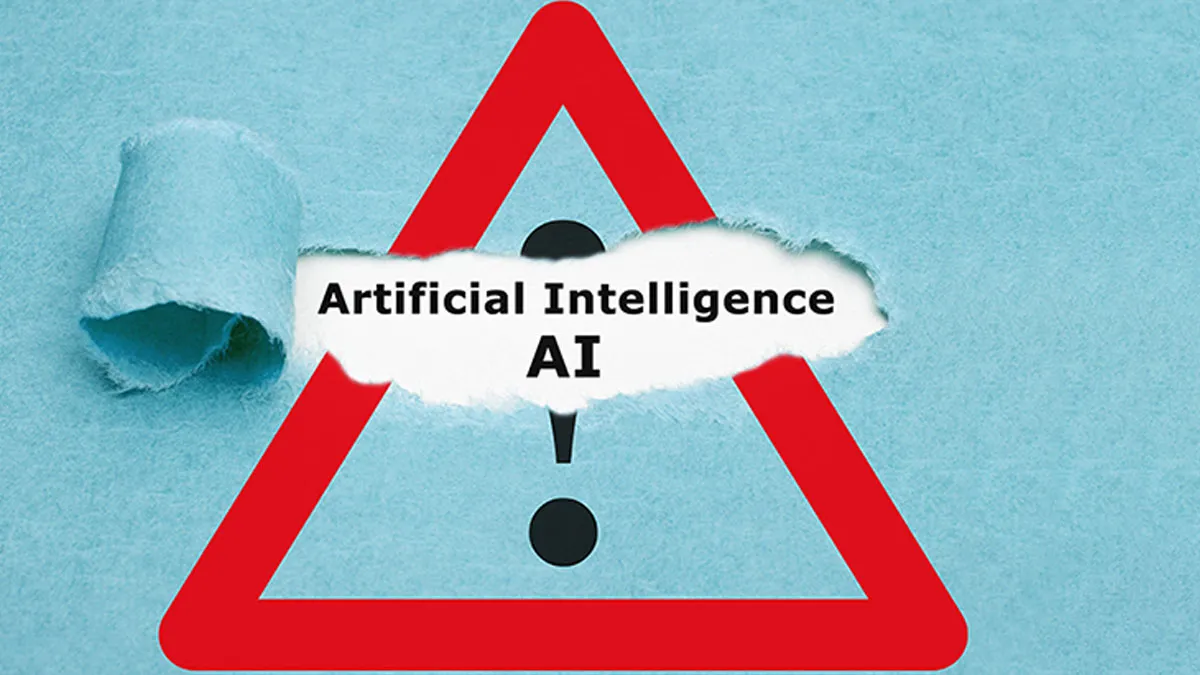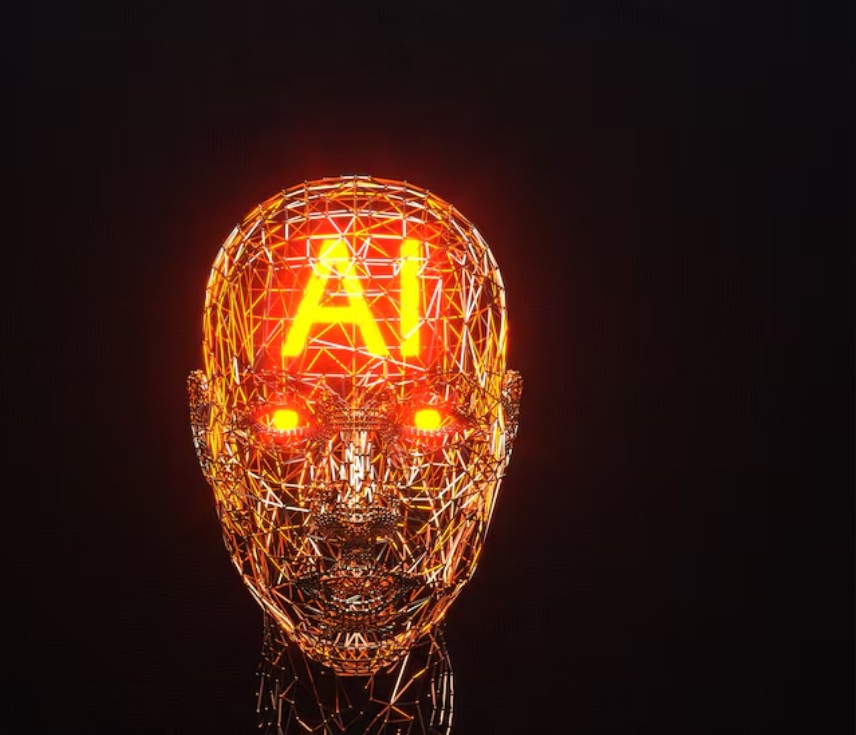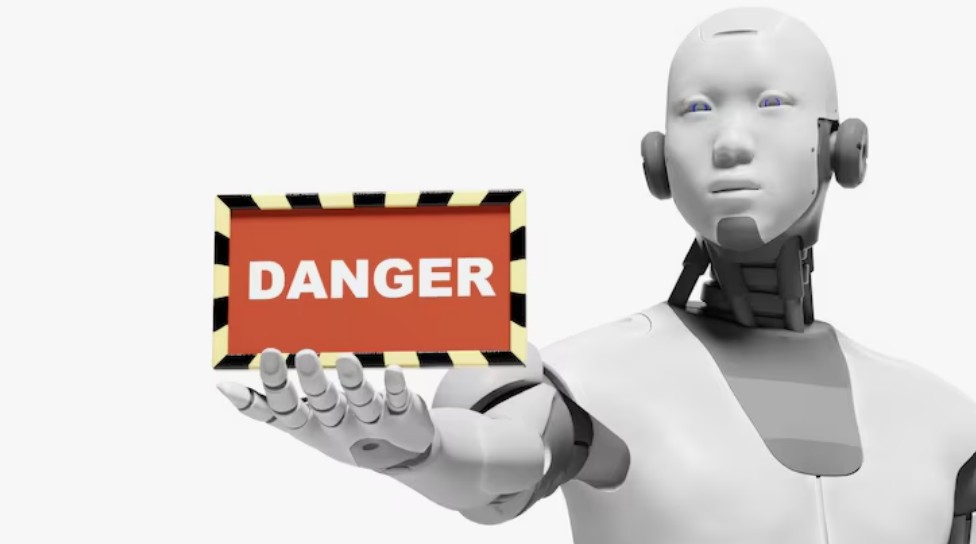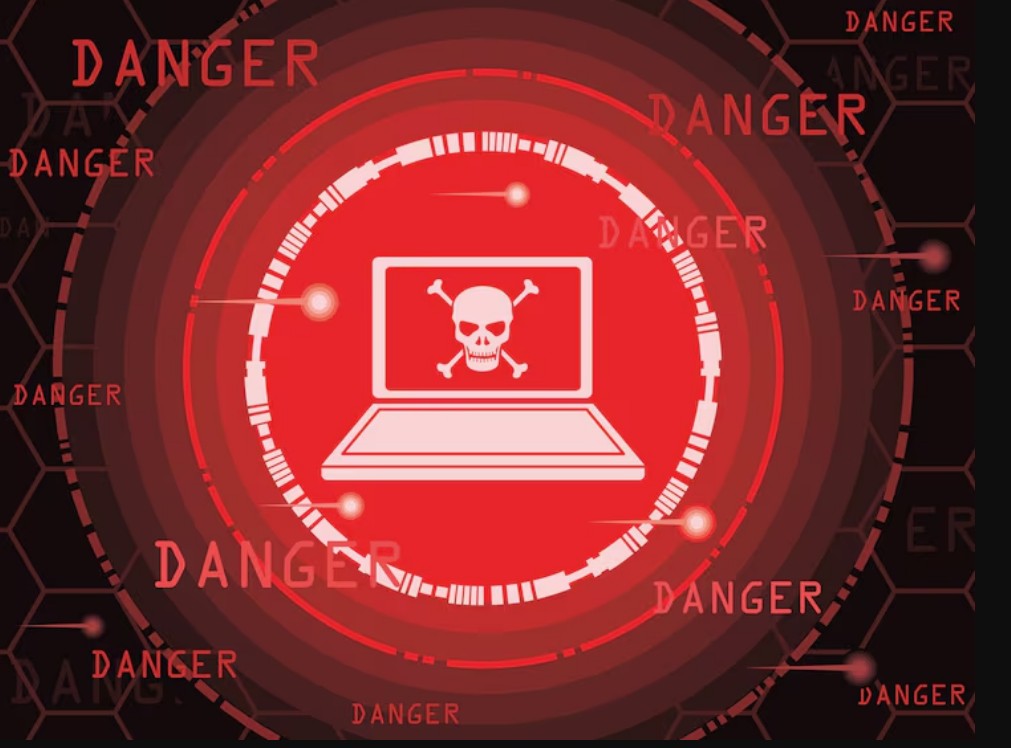
Social media platforms are flooded with nano banana AI saree pictures, AI figurines created with Gemini, celebrity Polaroids, and the latest nano banana Durga Puja trend. These playful creations dominate social media feeds, sparking curiosity and amusement. But behind the fun lies a troubling reality: the rapid spread of deepfakes and unauthorised use of personal images.
In fact, celebrities are already taking legal action. In the past week, three major Bollywood figures, Aishwarya Rai Bachchan, Abhishek Bachchan, and Karan Johar, moved the Delhi High Court to protect their personality rights. On September 11, 2025, the court ruled in Aishwarya Rai’s favour against counterfeit merchandise, AI-generated face morphing, and deepfake images.
Google was ordered to remove offending URLs within 72 hours, and the IT Ministry was directed to block them within a week. The judgment recognised that such misuse of a celebrity’s likeness violates dignity, privacy, and could mislead people into thinking they endorse products they never did.

Sharing photos with AI tools may seem harmless, but it can open the door to bigger problems. From privacy breaches to deepfake misuse, the risks are far more serious than most people imagine. According to Jaspreet Bindra, CEO of AI&Beyond, uploading images to AI generators carries significant dangers that users often overlook.
"Deepfakes are images, videos, or audio that have been edited or generated using AI-based tools," explains Bindra. Even uploading photos for harmless purposes like LinkedIn profile pictures, adds your image to databases that could train deepfake technology.
This contribution to AI learning systems inadvertently fuels misinformation and digital deception capabilities, even when users have innocent intentions.
When you upload photos to AI generators, you lose control over their usage. AI systems can extract unintended information, including:
Currently, AI-generated photos remain relatively easy to identify due to obvious flaws like deformed hands or unusual features. However, this won't last forever.
"The more we upload photos to AI image generators, the smarter these tools become," warns Bindra. This advancement makes distinguishing real photos from fake ones increasingly difficult, potentially creating a future where authentic visual content becomes nearly impossible to verify.
Don't Miss: Delete These 5 Dangerous Apps From Your Phone Right Now: Expert Warns
AI platforms' terms of service often grant broad rights to use uploaded data, including personal photos. Most users never read these terms and conditions, unknowingly agreeing to potential commercial exploitation.
Your photos might be used for training datasets sold to third parties or appear in AI-generated advertisements without your knowledge or consent.

Every digital platform faces security breach risks, and AI image generators are no exception. Photos uploaded to these services can be exposed or stolen through hacks or data leaks.
Even if you don't share AI-generated photos on social media, your likeness could still end up in the wrong hands, leading to privacy breaches, identity theft, and other serious consequences.
Everyone deserves privacy protection, but social media and AI trends have normalised giving up these rights for viral content and social acceptance. Without proper boundaries, uploading personal images to AI generators could create privacy issues that current laws aren't equipped to handle.

As AI image generation continues evolving, users must balance creative expression with protecting their digital identity and personal information from potential misuse.
Don't Miss: 5 Personal Details You Should Never Share with ChatGPT
Keep reading Herzindagi for more such stories.
Image Courtesy: Freepik
Also watch this video
Herzindagi video
Our aim is to provide accurate, safe and expert verified information through our articles and social media handles. The remedies, advice and tips mentioned here are for general information only. Please consult your expert before trying any kind of health, beauty, life hacks or astrology related tips. For any feedback or complaint, contact us at compliant_gro@jagrannewmedia.com.